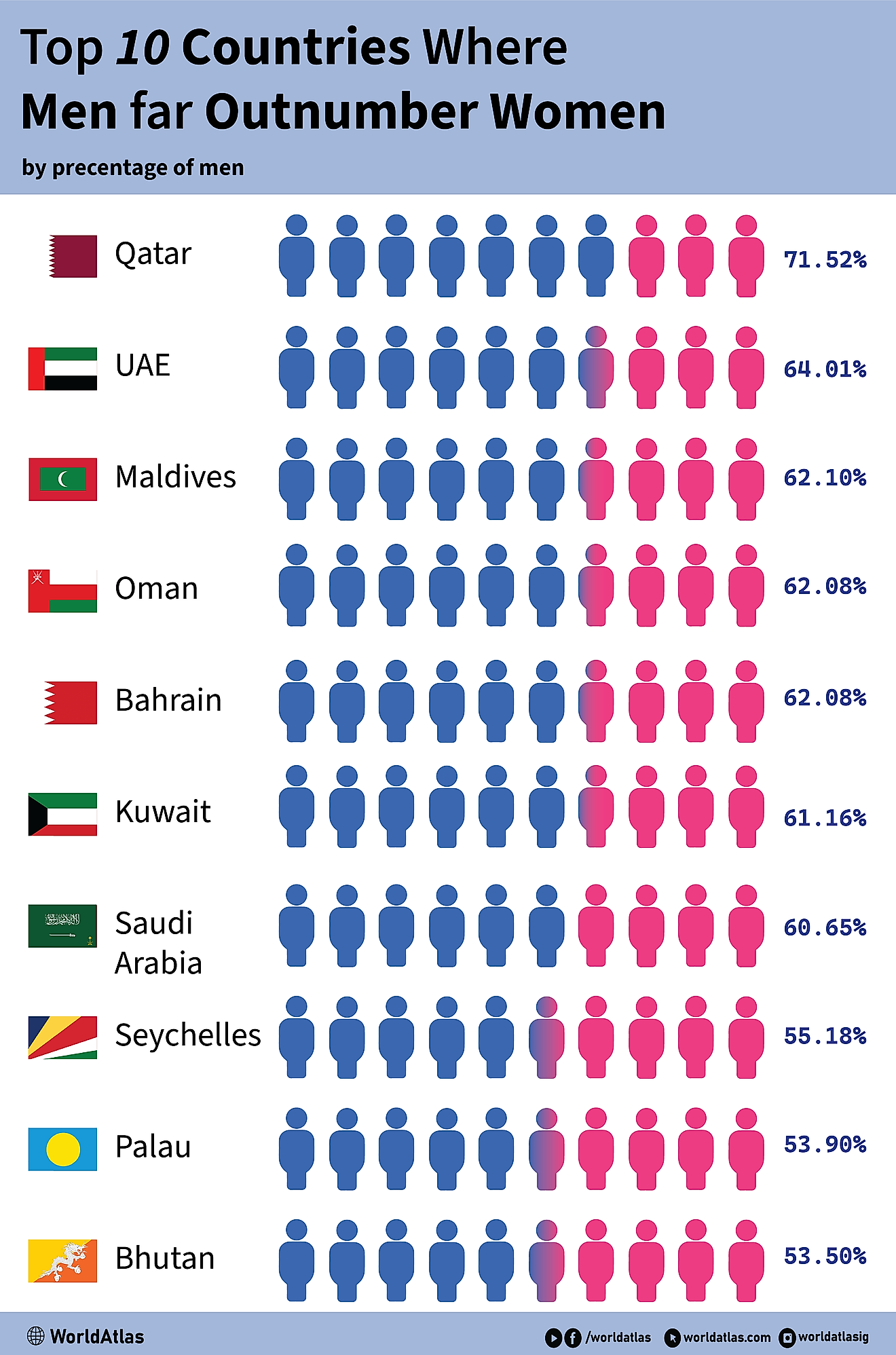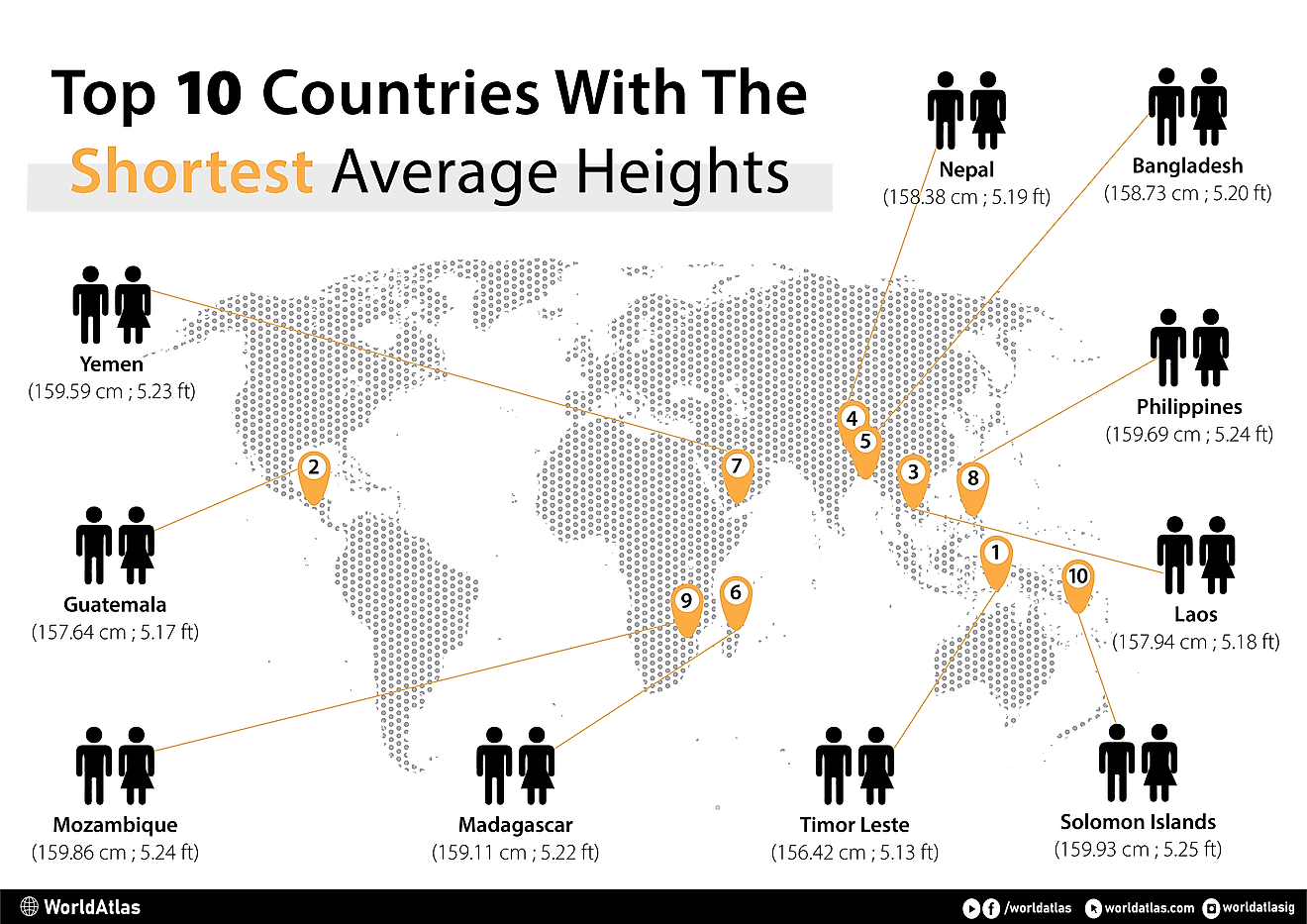What is Bureaucracy?

Bureaucracy is a term used to define an organizational or administrative system in which non-elected individuals are tasked in the running of an institution. In the modern era, the term is often linked with negative effects and is seen as a dehumanizing system of administration, with some scholars seeing the system as inefficient and even convoluted. The negative connotations of the term are because oppressive governance systems such as absolute monarchies are considered to be examples of bureaucracies.
Origin and Etymology
The origin of the term is dates back to 18th-century French economist, Jacques Claude Marie Vincent de Gournay. However, the term was first used in the English language in 1818 by Lady Morgan, a renowned Irish novelist. By the 20th century, the term had global usage, with its popularity being attributed to the publications of Max Weber, a 20th-century German sociologist. The word “Bureaucracy” is derived from French word “bureau” which means “desk” or “office” and Greek word “Kratos” which means “political power.”
Max Weber
German sociologist Max Weber was the scholar credited in conducting the first formal study on bureaucracy. The works of Max Weber, which were referenced by many scholars in the 20th and 21st century, made the term “bureaucracy” to gain global popularity. Max Weber also enumerated the characteristics that make up a bureaucracy which include the rigid division of labor, occurring in a fixed area of activity, the presence of a predetermined chain of command, having regulations restricting powers and decisions, technical qualifications being the parameters used in career advancement, and the presence of a hierarchical organization. While Max Weber did not explicitly advocate for the establishment of bureaucracies, the scholar believed that bureaucracy provided the most efficient form of organization of human activity. Weber also outlined the demerits of bureaucracy, stating that the system was a real threat to individual freedoms enjoyed by people. Weber stated that while bureaucracy played an integral role in the rationalization of society in the West, this rationalization would lead the world to “a polar night of icy darkness.”
Other Scholars
Several renowned scholars touched on the subject of bureaucracy, analyzing its role in the governance of countries and the process, bringing out interesting theories on the same.
Karl Marx discussed in depth the role of bureaucracy in society in his 1843 book entitled, “Critique of Hegel’s Philosophy of Right.” Karl Marx was vocal in his criticism of bureaucracy, stating that bureaucracy would transform governments into civil society.
Later, in the 1860s, John Stuart Hill, a popular political scientist made his opinion on the subject known and stated that while bureaucracy did have some merits, such as the appointment of persons with enough experience, he argued that the system compared poorly to a representative government system. John Stuart Hill also stated that the major monarchs of the time such as Imperial China and the Russian Empire of the 19th century were ideal examples of bureaucracies.
Woodrow Wilson was another renowned scholar who touched on bureaucracy. The famous academic and one-time professor at the Bryn Mawr College discussed bureaucracy and its impact on modern society in his essay entitled, “The Study of Administration,” where he defined bureaucracy as a professional cadre.
In the mid-20th century, Ludwig von Mises, an economist from Austria of high repute discussed bureaucracy in his 1944 book, “Bureaucracy” where he compared the governance system to profit management. In his book, Ludwig termed bureaucracy as “an indispensable method of social organization.” Ludwig von Mises acknowledged the presence of bureaucracy both in public and private spheres but noted that bureaucratization could only be successful in private spheres through the intervention of the government.
In 1957, Robert K. Merton, a renowned American sociologist went to great lengths when discussing bureaucracy in his “Social Theory and Social Structure” publication. In the book, Merton expanded on Max Weber’s bureaucracy theory, and expressed his disapproval of the governance system, stating that bureaucrats were more likely to focus on their interests rather than those of an organization. Merton termed bureaucracy as a “trained incapacity” caused by “over conformity.”
Bureaucracy Throughout History
While the term “bureaucracy” was introduced in the 18th century, the system of administration has been in existence for thousands of years. The emergence of bureaucracy was marked by the development of writing in the 4th millennium BCE. Ancient Sumerians often regarded as having the first emergence of bureaucracy, as scribes used clay tablets to record their harvests. Ancient Egypt also practiced bureaucratic administration with a class of scribes engaging in the administration of civil service bureaucracy. Bureaucracy in the Roman Empire was practiced in the regional administration of the empire, with these regions being led by hierarchical regional proconsuls and deputies. The Byzantine Empire also practiced a complex bureaucratic system known as a complicated administrative hierarchy. The Han Dynasty of Ancient China was known for practicing a complex form of bureaucracy which was largely inspired by the teaching of Confucius. In his teachings, Confucius emphasized the importance of ritual in politics and family. The bureaucracy would later evolve with the establishment of other dynasties in Ancient China. The Song Dynasty, for instance, practiced a form of bureaucracy known as the meritocracy. The end of China’s traditional bureaucracy was marked by the collapse of the Qing Dynasty in the turn of the 20th century.
Modern Bureaucracy
The earliest form of bureaucracy in a modern setting took place with the expansion of the United Kingdom’s Department of Excise in the 18th century, aimed at improving tax collections for financing the kingdom’s war expenditure. In the system, recruitment was based purely on examination, while the promotion was based on merit. The hierarchical system brought about considerable professionalism and efficiency in the operations of tax collections in the United Kingdom, with the Exchequer having absolute control on the system of tax collection and the kingdom’s expenditure. The system in the United Kingdom was a huge contrast from the traditional tax farming practiced in neighboring France which was still an absolutist state. This bureaucratic system practiced in the United Kingdom borrowed heavily from the Chinese model which was at the time extremely successful and efficient. Bureaucracy is practiced in public administration in most countries around the world.











